EdLeaders for the 21st Century
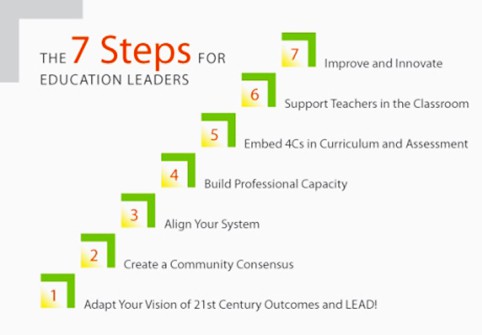
As part of our Preparing Leaders for Deeper Learning series, we have been writing about what roles leaders need to play in innovative, future-driven, next-gen schools. (E.g. Leaders are lead communicators, Deeper learning instructional leaders, design thinkers, and more.)
We’ve also been writing about what recommendations we’d make to ensure that leadership preparation and development goes beyond the traditional leadership pipeline to competency-based, blended, and personalized leadership training, as well as what policies states could enact to ensure high quality leadership.
We know leaders matter. That’s why we were excited when Ken Kay, founding President of P21 and CEO of EdLeader21, a professional learning community for school and superintendents and district leaders, and Valerie Greenhill, Chief Learning Officer of EdLeader21, recently wrote about the leadership competencies needed for the 21st century.
In a recent blog article, Ken and Valerie offered this driving question: What competencies are essential for successful 21st century education leadership? The blog builds off their book The Leader’s Guide to 21st Century Education: 7 Steps for Schools and Districts. The 7 steps:
- Adapt your vision of 21st century outcomes and LEAD!
- Create a community consensus
- Align your system
- Build Professional Capacity
- Embed 4Cs in curriculum assessment
- Support teachers in the classroom
- Improve and innovate
Leaders are adopting the 4 C’s (communication, collaboration, critical thinking, and creativity). Here are some observations Ken and Valerie have had about 21st century leaders and leadership:
Effective 21st century education leaders model the use of the 4Cs.
Ken and Valerie write, “When we visit highly effective 21st century organizations, we see the 4Cs modeled by students as well as teachers, instructional leaders, and central office members. We see effective communication taking place, adults working effectively on complex projects in collaborative teams, teams thinking critically to analyze and solve complex problems, and staff members generating original ideas that can be put into practice.”
Effective 21st century education leaders promote the use of the 4Cs through hiring and evaluation practices.
Ken and Valerie write, “Hiring leaders who embody the 4Cs and embedding the 4Cs into evaluation processes is an essential practice in district transformation. This communicates that the 4Cs are highly valued by the organization and provides leaders and staff members the opportunity to frame goals around and reflect upon their use of the 4Cs. At EdLeader21, we are in the process of collaboratively revising our evaluation process to emphasize the 4Cs. The process enables team members to select artifacts that highlight ways in which they have modeled the 4Cs.”
Effective 21st century education leaders facilitate thoughtful, comprehensive reflection about their use of the 4Cs and the effects of their work.
Ken and Valerie write that a Superintendent was able to use the 4Cs questions to solve challenging problems. These questions are:
- Are we critically thinking enough about the problem?
- Are we adequately communicating with key audiences about the problem?
- Are we adequately collaborating about the problem?
- Are we being creative enough in our solutions to the problem?
Effective 21st century education leaders empower team members with autonomy to problem-solve and innovate while building their capacity to achieve results.
Ken and Valerie write, “Before leaders can get teachers and administrators to embrace transformation, they have to create a climate in which all educators are inclined to “buy in” to the vision. Some refer to this as “culture”. Some refer to this as “distributed” leadership. We like to refer to this as “autonomous accountability.” At first blush, the two words may seem in conflict. However, together they form a united concept of empowering educators to find innovative ways to reach a shared vision while building their capacity.”
What skills, habits, and dispositions do you think EdLeaders need? We’d love to hear from you. Email [email protected] to contribute ideas to our Deeper Learning Leadership series.
This post is part of our “Preparing Leaders for Deeper Learning” series. If you have thoughts about what today’s school leaders should know and be able to do and how they should be prepared, we’d love to hear from you. Contact [email protected] with the subject “Preparing Leaders” for more information.
To learn more, see:


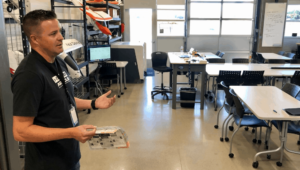
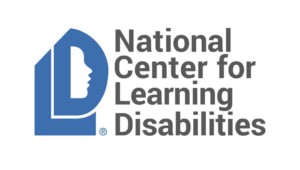
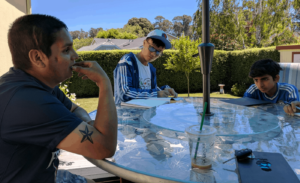
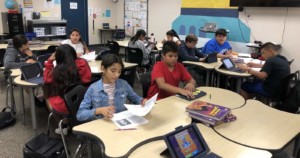
0 Comments
Leave a Comment
Your email address will not be published. All fields are required.